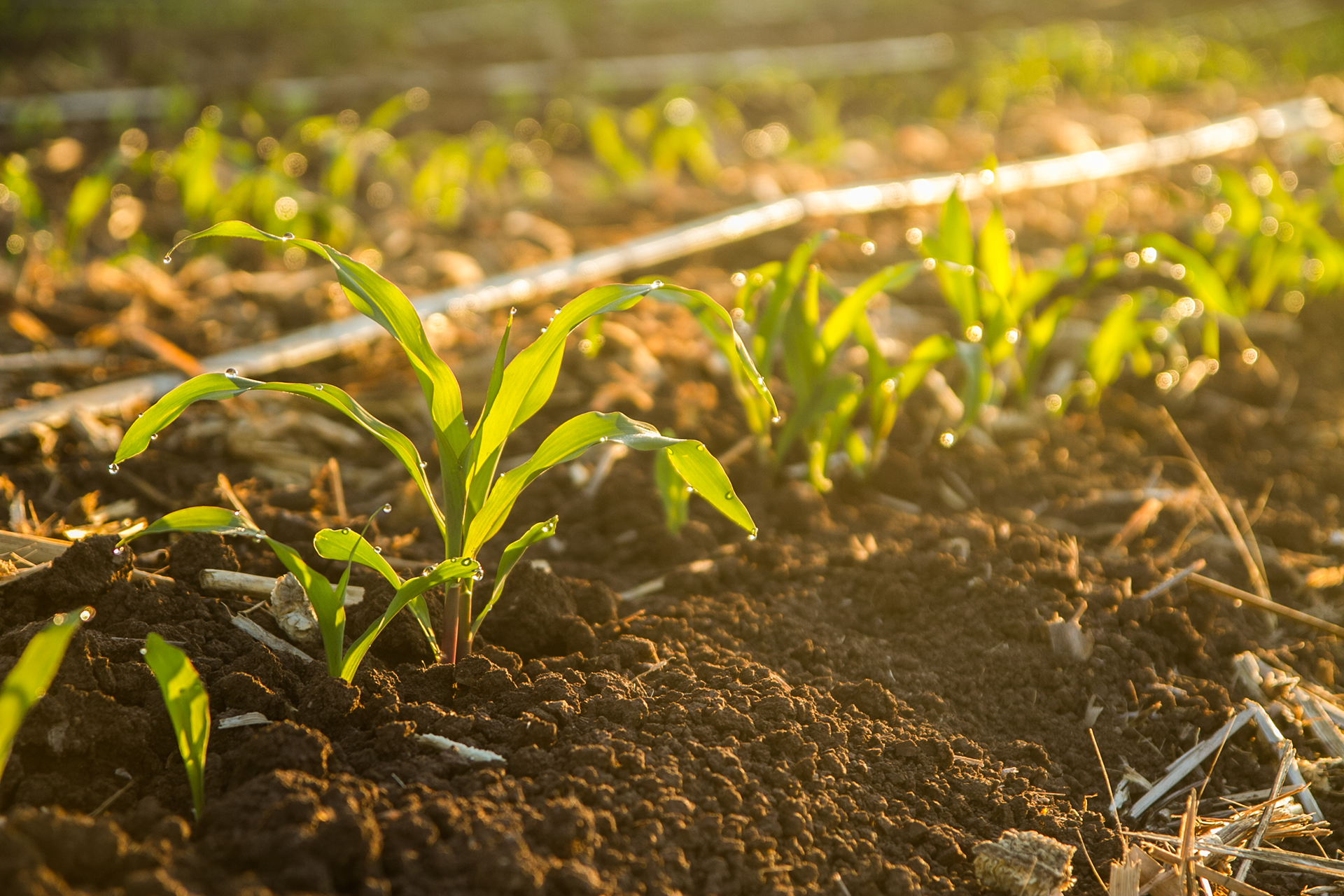Final Year Veterinary Students Gain Invaluable Insights into Dehorning Rhino
World Rhino Day, celebrated on 22nd September, is a crucial reminder of the fragile state of our planet’s rhino population. To secure a future for these iconic animals, we must educate the next generation on rhino conservation, including challenging yet necessary measures like dehorning.
Timothy Isabirye, Marketing Manager of Husqvarna South Africa says, “This is a view shared by Husqvarna South Africa. The company has contributed to dehorning initiatives for several years as we recognise it as a way to deter poachers and protect this endangered species in the wild.” Isabirye also praises We Wild Africa who sponsored this specific dehorning intervention, adding that it is only through the commitment of such companies that rhinos have a fighting chance.
Dr Jacques O’Dell, a specialist wildlife veterinarian and senior lecturer at the University of Pretoria’s (UP) Faculty of Veterinary Science, admits to having mixed emotions about dehorning rhinos. However, he recognises it as a potentially life-saving intervention. Since qualifying as a vet in 2009, Dr O’Dell’s commitment to rhino protection extends beyond the procedure itself—he is currently busy with his PhD on Dehorning and is also dedicated to educating the next generation to continue the mission of conservation.
Learning at the Frontlines
As part of their clinical rotation, final-year veterinary students at UP work alongside Dr O’Dell in the field, learning hands-on wildlife conservation. “The students never know what they’ll encounter during their rotation – it could be caring for an injured vulture or relocating elephants but for the fortunate few, it’s the unforgettable task of helping to dehorn a rhino,” he says. “Almost all students, even those not particularly interested in wildlife medicine, find any rhino interaction life-changing.”
Dehorning has become one of the most effective ways to deter poachers. Rhino horns are highly sought after on the black market so by removing the horn, the incentive for poaching is significantly reduced.
“We don’t expect students to be able to dehorn a rhino after they have completed their wildlife rotation, but we do expect them to have the core knowledge and skills to safely immobilise a rhino – as well as the understanding of why dehorning is such an important tool in conservation,” adds Dr O’Dell.
Collective Responsibility
While the first-hand experience of dehorning is an incredible learning opportunity for the students, Dr O’Dell emphasises that fieldwork is about much more than teaching veterinary skills. It’s about inspiring a deeper understanding of conservation as a collective responsibility and exposing them to the broader picture of environmental stewardship.
“Rhino conservation is a big team effort and as vets, we can only do so much to protect these magnificent creatures. Ultimately, local communities need to find value in rhinos as living creatures and become their custodians,” he says.
“This principle extends beyond rhinos because if we fail to protect and save a large, charismatic species such as the revered rhino, what hope do we have in saving more overlooked life forms such as frogs and vultures?”
From Classroom to Conservation
By involving students in hands-on conservation work, Dr O’Dell believes these young adults can be inspired to become leaders in the fight against poaching and habitat destruction. “It’s my hope that my teaching motivates a handful of students to enter the wildlife industry. These are the future wildlife vets and they will no doubt make a positive impact.”
To make a real difference though, wildlife conservation must become integral to mainstream education. Dr O’Dell emphasises the importance of introducing the concept early on as part of our primary school curriculum. However, he acknowledges there are significant challenges. “We first need to address basic needs like poverty alleviation,” he notes, “because as the late Dr Ian Player wisely said, ‘You cannot preach conservation to a hungry person.’ Only then will conservation become an easier conversation.”
While the road ahead may not be easy, Dr O’Dell remains hopeful. By combining education, hands-on experience, community involvement and private sector support, he believes we can create a future where wildlife and humans coexist sustainably. “Healthy ecosystems mean healthy humans,” he concludes.
Husqvarna South Africa’s provision of reliable equipment and support for veterinarians like Dr. O’Dell—and now his students—offer hope that future generations will continue the work of protecting rhinos and the natural world.
For more information or to view Husqvarna’s range of products, visit https://www.husqvarna.com/za/









